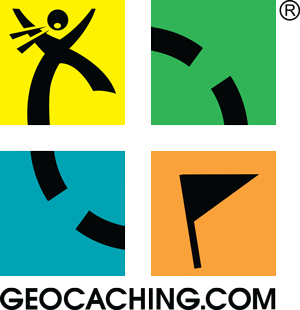5.6 Problem solving tools
As mentioned in the section about motivation, problem solving tasks are important for development of analytical skills and self-efficacy perceptions of pupils. They activate the natural wish to “figure it out” and are at the same time easily integrated into goal-setting and goal-achieving patterns. Because of the great learning value that can be achieved through mystery solving, we have found three technical tools to ease the use of problem solving in history classes.
5.6.1 Sporcle
If implemented in the right way, online quizzes are a great way of ensuring a fun and efficient way of learning. (Storey et. al., 2002). Sporcle.com is an online platform for creating and answering quizzes within a certain time limit.
5.6.1.1 How to use it
Sporcle has a lot of quizzes on topics of global or national interest. In addition, they open up for user created quizzes. The teacher could prepare quizzes in advance or the pupils may make quizzes for each other as a task. One pupil or a group of pupils could for example be responsible for creating a quiz about historical persons while another pupil or group prepares a quiz about historical buildings. The video below shows how to make a quiz on Sporcle.
5.6.1.2 Value for history learning
Creating quizzes in advance can work as an informal way of testing the pupils knowledge. This way, the teacher can discover what the pupils already know, and plan future lectures based on this information. The quizzes also let the children compete in an innocent way, which may be an important motivational factor, as mentioned in section 3.2.1.
5.6.2 Historical Scene Investigation

To enhance student motivation the teacher could use something called Historical Scene Investigation, based on this model.
5.6.2.1 How to use it
The Historical Scene Investigation model is divided into the following steps (Historical Scene Investigation, 2012):
● The teacher introduces the historical scene under investigation.
● Pupils investigate the historical scene. They may collect data using the data collection tools mentioned earlier, when applicable.
● Pupils then search for evidence.
● In the end the pupils have, hopefully, solved the case
5.6.2.2 Value for history learning
By forming teams of pupils that are suppose to solve a mystery together, the teacher awakens their curious nature, and also starts a simple competition between the teams. Both of these things have a positive effect on learning motivation, as explained in section 3.2.1.
5.6.3 Geocaching

Geocaching is a treasure hunting game, which has millions of players world wide. The point of the game is in short locating Geocaches by using GPS-enabled devices. All members of the Geocaching community can add their own caches if they follow this guide. The video below gives a quick introduction to Geocaching
5.6.3.1 How to use it
The geocaches are hidden out in nature and can be a number of things, from a big chest to a small box containing a log book and a pen or pencil. The log books in the caches are used to register every find that is made of that box. To find the Geocache, players navigate to a specific set of GPS coordinates and then attempt to find the Geocache hidden at that location. In the history lesson perspective, the teacher could place Geocaches in an historic area, and have the pupils try to locate it. In addition to the log book, which can be checked to see if all the pupils were able to locate a specific cache, the box could contain a task for the pupils. This task could have the pupils find an answer to the historic site the Geocache is located at, for example.
5.6.3.2 Value for history learning
Being outside in the actual historic location searching for hidden treasures is in our own opinion a good way to get in to the story. The pupils will get to know the topology of the site “unconsciously”, while searching for the caches. Also, using mobile phones or other GPS-enabled devices gives an interesting contrast between the old historic site and modern technology, which can be a good basis for discussion and reflection with the pupils. The field trip aspects mentioned in section 3.3 applies here. During the search for the caches the pupils can also be instructed to collect visual and factual information of the cache location.
 In English
In English Suomeksi
Suomeksi





